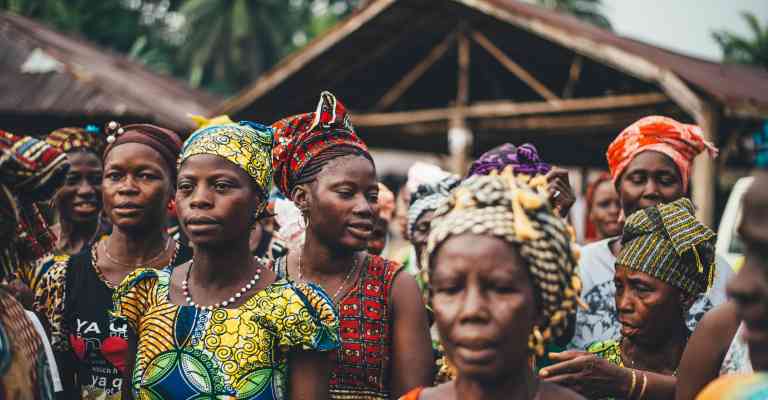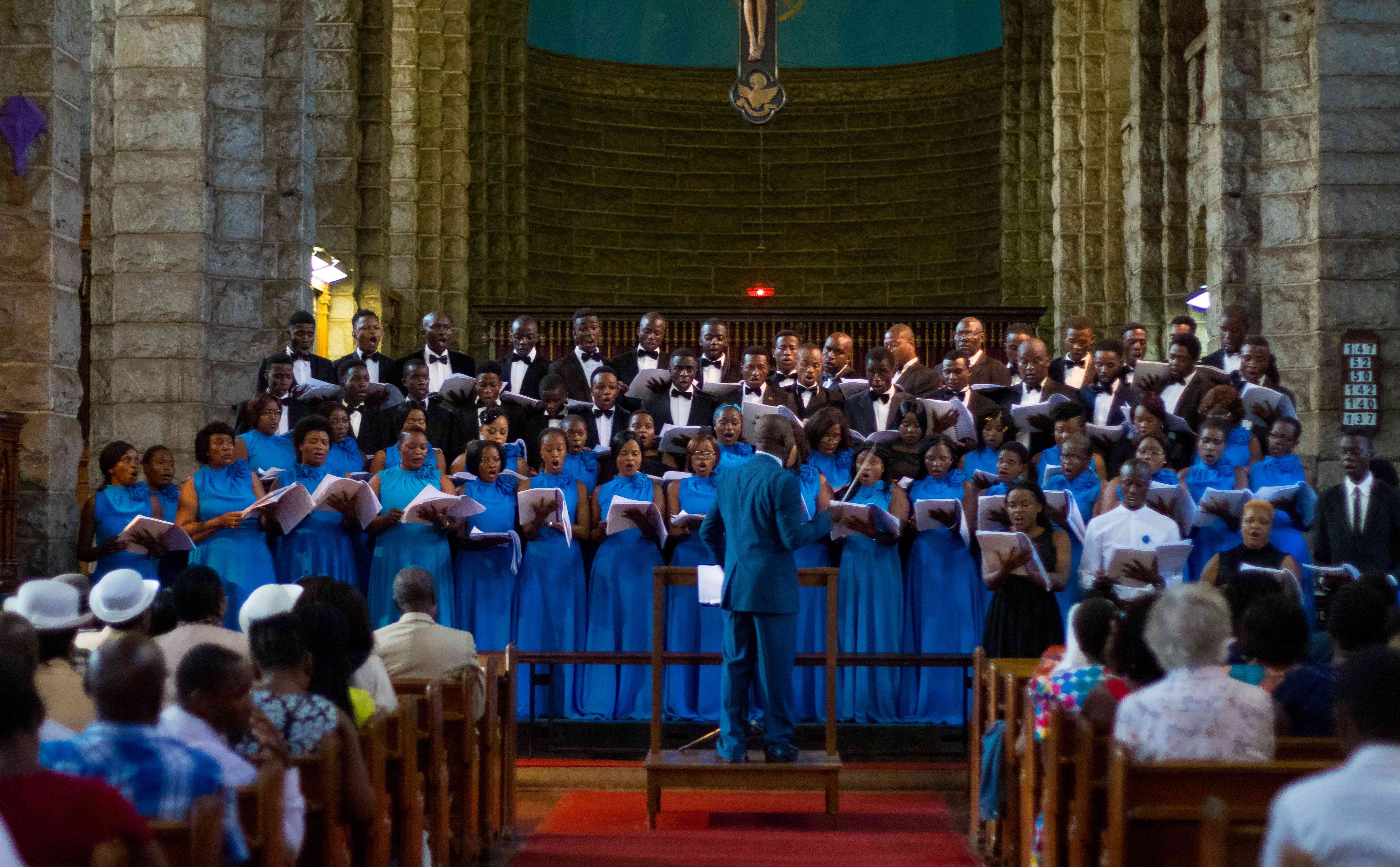
THE roles of women differ from one culture to the other, but most societies determine the roles of women by division of labour.
This division of labour perceives women to be weak, timid and not brave.
It should be noted that women in many religions are relegated to household duties that are routine like cooking and do not help society’s development.
These jobs are prescribed and they do not require decision-making.
In some instances, girls are denied education or withdrawn from school on religious grounds so that they get married and because education will make them a threat to their future husbands.
However, due to enlightenment women are now consciously fighting the domination of men in religion as men cannot surrender their privileges to women.
The relationship between religion and empowerment in Zimbabwe is very ambiguous.
Religion acts as a double sword in the issue of women empowerment.
- R. Kelly sentenced to 30 years in sex trafficking case
- In Full: sixteenth post-cabinet press briefing June 14, 2022
- New-look Beitbridge border impresses financiers
- Abwa commissions milk plant
Keep Reading
Thus, it both encourages and discourages women empowerment.
JL Cox (1992) argues that “religion is a varied symbolic expression of and appropriate response to that, which people deliberately affirm, as being unrestricted value for them.”
The term “religion” itself lacks universal definition.
The Oxford dictionary defines empowerment as the act of giving somebody more control over their own life or situation they are in.
It is the quest of this paper to look at the different aspects of African traditional religion that either encourages or discourages women empowerment in our societies.
All questions regarding the welfare and status of women in Zimbabwe are mostly explained within the framework of religion and culture.
Tradition lubricates gender inequalities and unjust traditions faced by women.
Gender-based violence mostly faced by women in Zimbabwe is embedded in the way African traditional religion has defined women’s place in society.
Despite contemporary laws on gender equality, most women do not exercise the rights the laws guarantee them.
Quite a good number of women are beaten-up like children by their husbands.
The African philosophy “Ubuntu” or “Unhu” has made most women suffer harassment at the hands of men.
Women are not accorded freedom of choice.
In some traditions, a woman is socialised not to deny her man sex or initiate the use of protection during sexual intercourse, even after discovering that their partner is engaging in extramarital affairs.
Tradition has given men the unquestionable authority to control everything in marriage in the bracket of “unhu”.
A moral woman should always be submissive to her husband.
Women’s lack of access to education in some traditions is one of the biggest problems afflicting their empowerment.
Many women are facing challenges to access proper education because of traditional expectations.
Some societies in Zimbabwe still believe that educated women are a threat to their future husbands.
Therefore, a woman must learn the simple standards of reading and writing only.
Instead, society has to spend much of its time preparing the young women for marriage.
Menstruation is also a big challenge to young women in some societies in African traditional religion.
They are many myths associated with menstruation.
Women are usually restricted to private spaces.
Therefore, a school-going woman will suffer certain educational setbacks during her monthly periods as she has to contend with staying at home.
Different portrayals have been constructed to depict women as weak and too emotional to contribute to the public.
The common one being that women are mostly gossipers: mukadzi idare rinoti ngwe ngwe ngwe (a woman is like a bell which keeps on ringing).
Beautiful and light-skinned women are always suspected of evil doings: mukadzi mutsvuku akasaroya anoba (a light-skinned women is always either a thief or a witch).
Also, elderly women in African traditional religion are always suspected of being witches.
Some men are likened to women to show that they are weak, weak-minded: Imbwende semukadzi, mukadzi chaiye (he is weak like a woman; this man acts like a woman).
All these depictions retard women’s participation in national development as they are mostly perceived as a group that lacks direction.
However, it will be a miscarriage of justice to omit the important role being played by African traditional religion in liberating women.
Traditional women help the community through divining and healing using ancient herbs.
Some women are well-experienced midwives, who are respected and honoured by the whole community.
In the Shona culture, women traditional healers are called nyahanga.
They are well-respected like their male counterparts.
At times they assist barren people using different herbs so that they can conceive.
Women traditional healers at times use their spiritual calling to treat mentally-challenged people and are consulted if one or the whole community is encountering with misfortunes.
Elderly women, who have reached menopause, officiate at important ceremonies in African traditional religion, where they brew beer for rituals like mukweerera (rain-making ceremonies).
Grandmothers and aunts also officiate at marriage ceremonies and are a source of family genealogies.
Finally, one could argue that religion generates a gender identity that prevents many women from contributing to national development as they are restricted to private spaces.
Everything public is regarded as a male domain.
African traditional religion creates fertile ground for inferiority complex among women, with men regarded as superior.
The issue of inferiority deprives women from contributing to education, military and even to religion itself.
A moral woman in African traditional religion is restricted to private spaces and those fighting and competing for leadership in the public domain are assumed to be immoral.
- Faith Mutimwiyi is a researcher student in religion and gender studies, undertaking a PhD research programme in the two areas with a South African University. She writes here in her personal capacity











